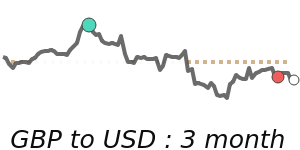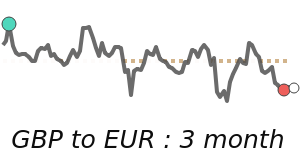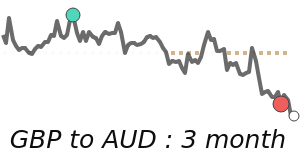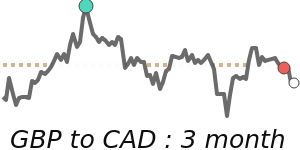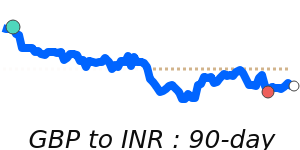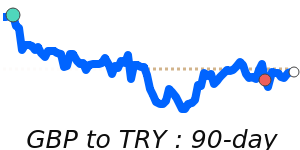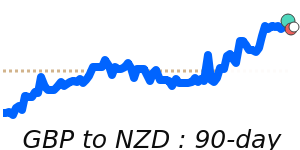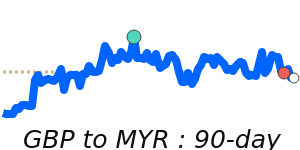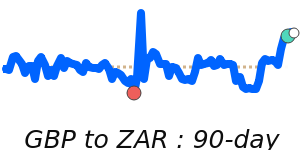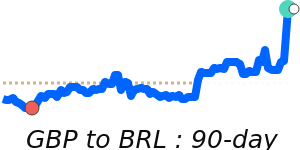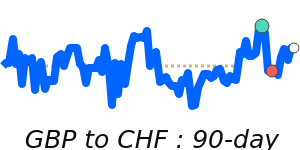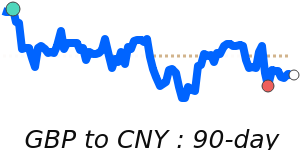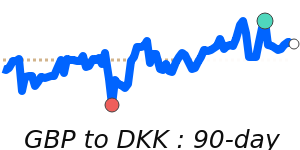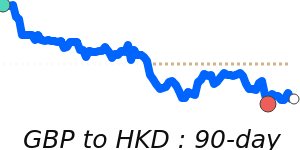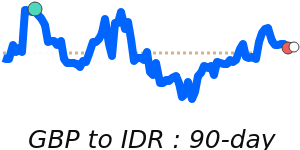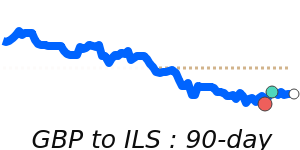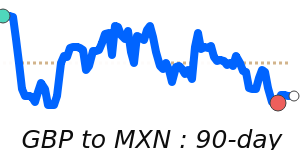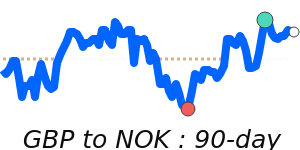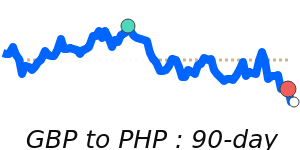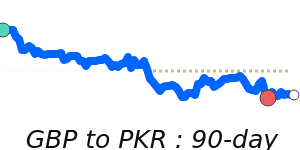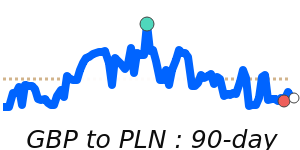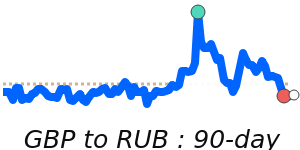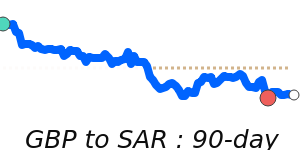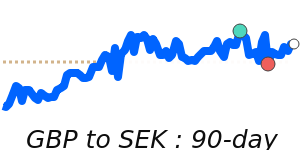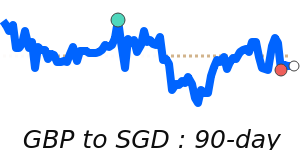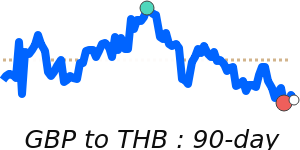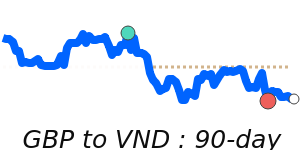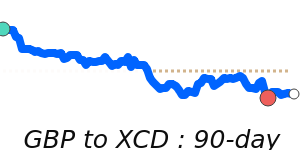Outlook
The pound may remain choppy ahead of thin UK data and key political headlines. A more dovish BoE stance points to possible rate cuts if inflation cools and growth stays weak, capping upside. The Gorton and Denton by-election adds political risk and could weigh on sterling in the near term.
Key drivers
- BoE policy outlook: a dovish tilt suggesting potential rate cuts if inflation eases and growth remains subdued.
- Political risk: the Gorton and Denton by-election and recent staff-level resignations heighten market volatility.
- Growth outlook: UK growth projected to slow toward around 0.9% in 2026, pressured by flat household purchasing power and softer business investment.
- Global factors: developments in AI and broader global growth dynamics could influence UK GDP prospects and sterling direction.
- Cross-asset themes: GBP/EUR divergence with the ECB, and yield-spread dynamics affecting GBP/USD and other pairings; GBP/JPY could swing if carry trades unwind.
Range
GBP/USD is around 1.3557, with a 7-day high noted near 1.3557 and a 3-month average of about 1.3484; the recent 4.7% trading range stretches from 1.3212 to 1.3837. GBP/EUR sits near 1.1480, near its 3-month average, after trading in a 1.1365–1.1590 range. GBP/JPY is about 211.7, just above its 3-month average of 210.3, with a range of 205.4–214.3.
What could change it
- A clearer shift in BoE policy, such as earlier-than-expected rate cuts or a more hawkish message, could lift or dampen GBP.
- Surprising UK data (inflation, growth, or wages) or unexpected political developments could trigger sharper moves.
- A change in global risk appetite or USD strength/weakness, plus developments in China and AI-related productivity, could alter UK growth expectations and sterling demand.
